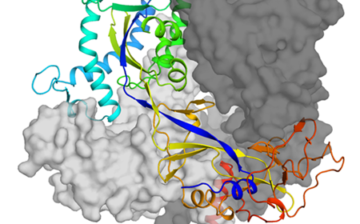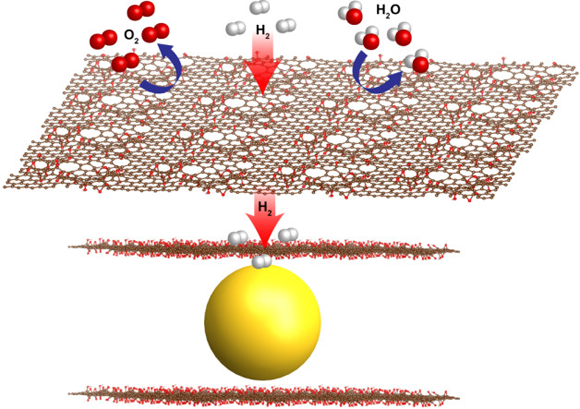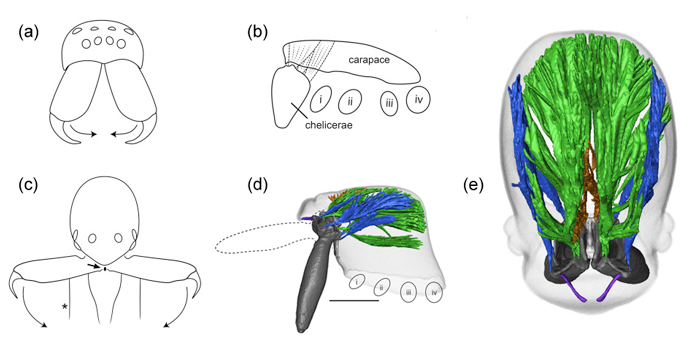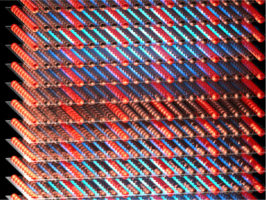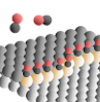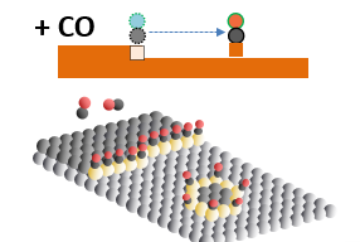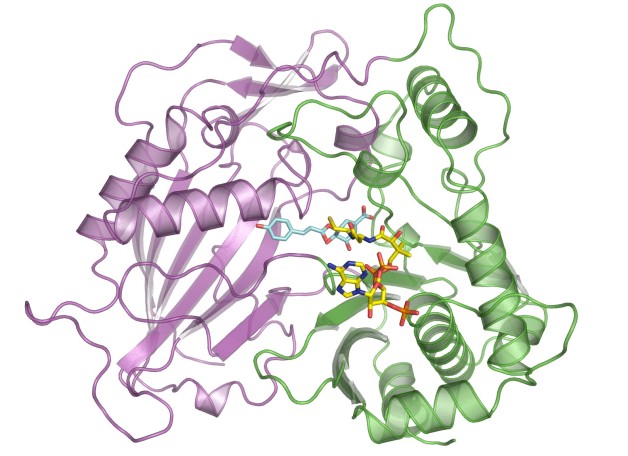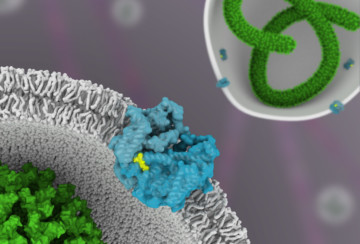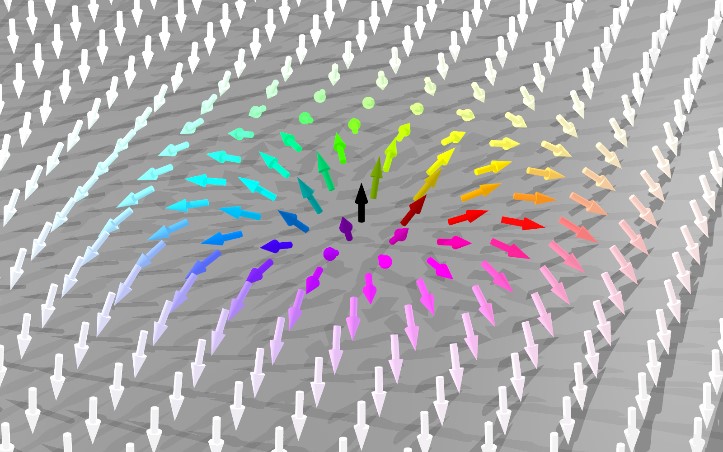ALSNews Monthly Newsletter of the Advanced Light Source, Lawrence Berkeley National Laboratory ALS-U Update: BESAC Announces Results of Facility Upgrade Prioritization On Thursday, June 9, DOE’s Basic Energy Sciences Advisory Committee (BESAC) released the recommendations of the BES Facility Upgrade Prioritization Subcommittee. I’m pleased to announce that the subcommittee considers ALS-U “absolutely central” to contributeRead More Read more »
Understanding the Key to Henipavirus Infection
The Hendra virus was the first member of the genus Henipavirus, an emergent group of viruses with a high mortality rate. Knowledge of the protein structure that mediates Hendra entry into host cells could enable the design of antigens with improved immunogenic response. Read more »
New Fuel Cell Design Powered by Graphene-Wrapped Nanoparticles
Hydrogen is the lightest and most plentiful element on Earth and could serve as a carbon-free, virtually limitless energy source. Recently, researchers working at the ALS and the Molecular Foundry developed a promising new materials recipe based on magnesium nanocrystals and graphene for a hydrogen fuel cell with improved performance in key areas. Read more »![]()
![]()
Power-Amplified Predatory Strikes in Trap-Jaw Spiders
Using a combination of high-speed video, molecular phylogenetic analysis, and x-ray microtomography of a family of tiny trap-jaw spiders, researchers discovered that power-amplified predatory strikes evolved four times independently, once the basic trap-jaw body plan was in place. Read more »
3D Charge Order Found in Superconductor
Resonant soft x-ray diffraction studies of a cuprate high-temperature superconductor revealed a 3D, long-range charge order—the first of its kind ever reported in a cuprate—that competes with superconductivity. A better understanding of such phenomena could help in the design of more robust superconductors with higher transition temperatures. Read more »![]()
![]()
ALSNews Vol. 372
ALSNews Monthly Newsletter of the Advanced Light Source, Lawrence Berkeley National Laboratory An Atomic-Level Understanding of Copper-Based Catalysts Copper-based catalysts are widely used in chemical industries to convert water and carbon monoxide to hydrogen, carbon dioxide, and methanol. There are theoretical models used to explain this reaction, but a complete understanding of the process hasRead More Read more »
An Atomic-Level Understanding of Copper-Based Catalysts
Copper-based catalysts are widely used in chemical industries to convert water and carbon monoxide to hydrogen, carbon dioxide, and methanol. There are theoretical models used to explain this reaction, but a complete understanding of the process has been lacking. However, recent research at the ALS has shed light on the process, giving scientists key data about how copper-based catalysts function at the atomic level. Read more »![]()
![]()
Reducing Plant Lignin for Cheaper Biofuels
Scientists have identified and validated a novel approach to reducing lignin in plants by tweaking a key lignin enzyme. Their technique could help lower the cost of converting biomass into carbon-neutral fuels to power cars and other sustainably developed bio-products. Read more »![]()
Shutting Out Ebola and Other Viruses
Researchers have used protein crystallography at the ALS to understand how a drug molecule that has shown some efficacy against Ebola in mice inactivates a membrane protein, called TPC1, used by viruses to infect host cells. Read more »![]()
![]()
Driving Skyrmions Along a Racetrack
Researchers have demonstrated the ability to generate stable skyrmion lattices and to drive trains of individual skyrmions by short current pulses along a magnetic racetrack at speeds exceeding 100 m/s, as required for spintronic applications. Read more »
- « Previous Page
- 1
- …
- 75
- 76
- 77
- 78
- 79
- …
- 83
- Next Page »

